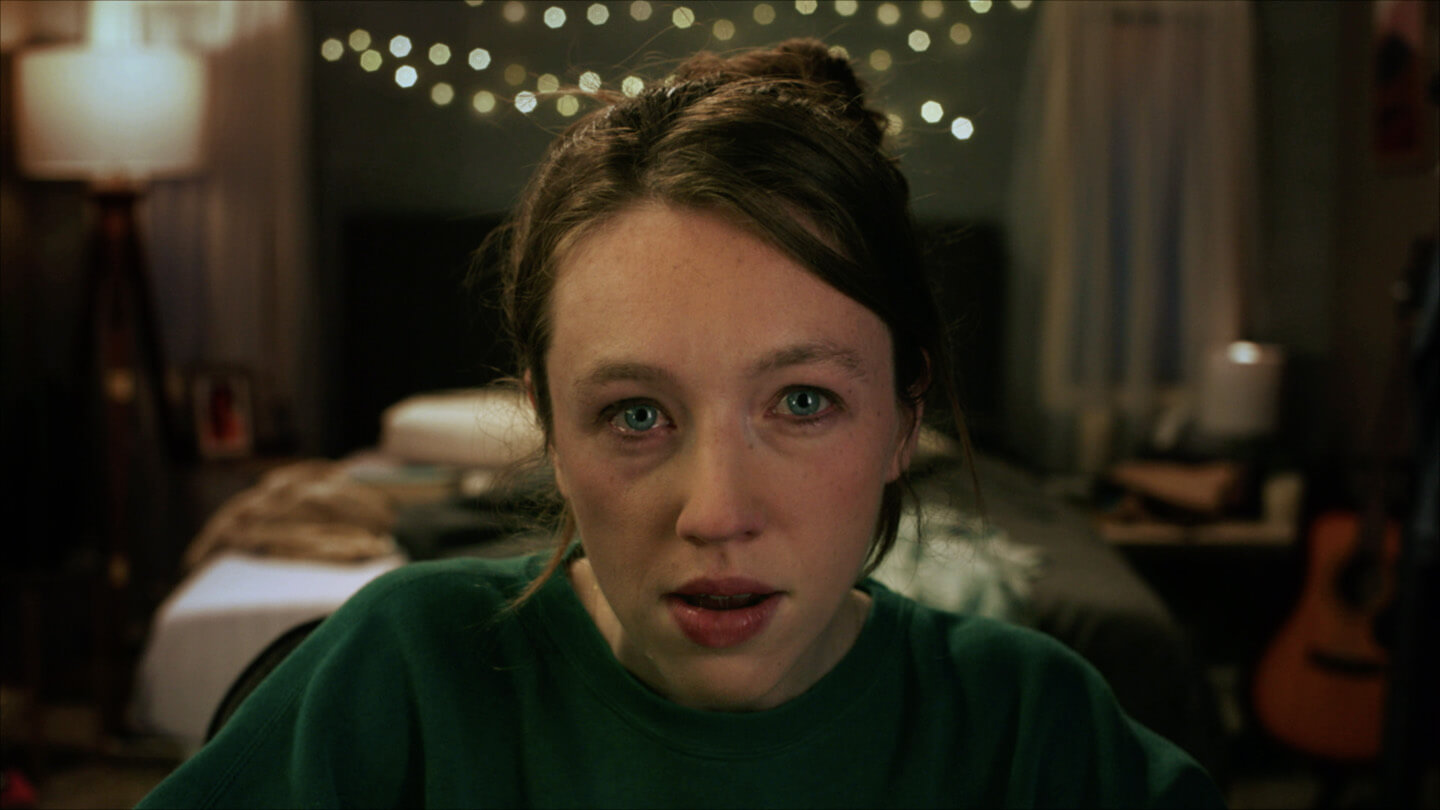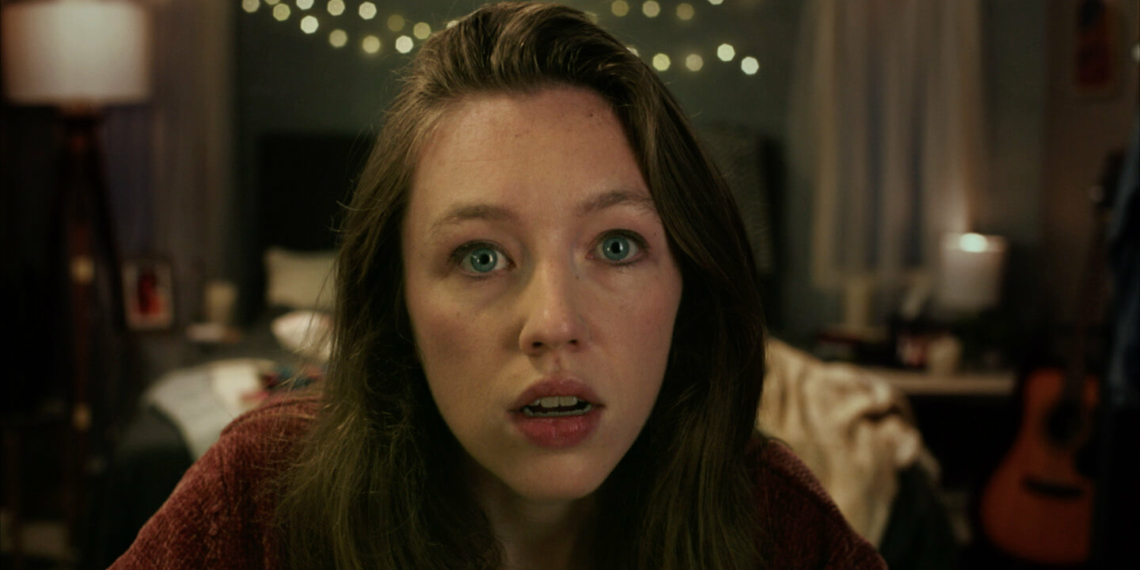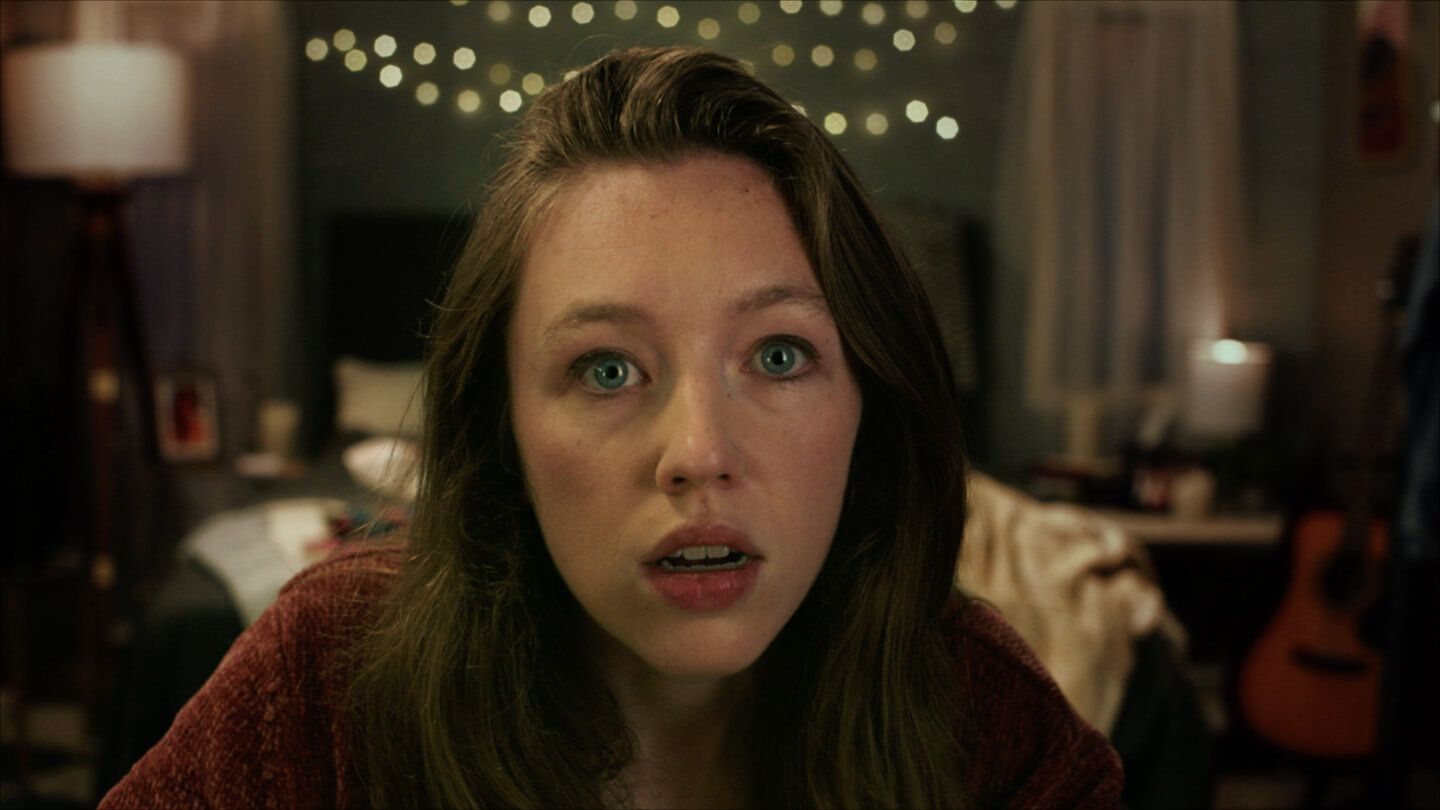David A. Flores’s 15-minute Likeness depicts a woman’s search for her missing mother using AI, combining mystery with interiorised drama that looks and feels more novel than it should.
Oddly (or perhaps fittingly), the film seems to mirror its own subject in terms of uncanniness. The AI version of Kaitlyn’s mom, Fiona, is shockingly human but is obviously not. On the film’s part, it is emotional but with a vague void that becomes more pronounced in retrospect.

Kaitlyn (Mary Rose Branick) has taken up the search for her mother (Virginia Newcomb) after the authorities have implicitly dropped the case after a mere four months. Coincidentally, Fiona is a sex worker. Without resources, Kaitlyn does what anyone would today: she turns to the internet. Instead of Reddit or sleuthing forums, however, she opts to recreate a digital version of her mother hoping to pick up clues from the latter’s social media.
The film is divided into three visual sequences overall, including a compilation of Fiona’s social media. The first portion takes place squarely in Kaitlyn’s bedroom, all detail confined to the closeup of her face, i.e., the view from her computer screen. On the other side, AI Fiona has more room in a nice, corporatised, brochure friendly mid shot, and unlike Kaitlyn’s lived-in surroundings, AI Fiona is presented against a sterile, blank background. This alone is enough to reinforce Fiona’s absence. Newcomb maintains a compelling distinction between Fiona (mom) and AI Fiona (customer service governed by etiquette standards).

The second sequence transforms the film’s very dimensions with a change in aspect ratio as Kaitlyn goes out in search of her mother’s potential killer. It may tend to feel like two films packed into one in the immediate aftermath of the shift from widescreen to cinemascope, also reflected in the change in pacing and tone. The jump is not the most organic, but it is exciting. What was until now a drama about loss becomes a mystery thriller with very real odds of fatality. Which is to forget that any closure at this point will also mean a cementing of the loss that had so far been a deferred possibility. The editing at the point of climax is remarkable, but to expand on that would mean spoiling the effect. As for Branick, she shines in the final minute of the film in a bittersweet reckoning with AI Fiona, the emotional conclusion to a relationship born out of necessity and dipped in resentment.
A lot like a mother-daughter relationship with the roles reversed, Likeness is resonant and unsettling in more ways than one. The idea of becoming the one to bring your progenitor into existence is as frightening as the potential loss of them is painful, so much so that it is less of a crisis to ponder the anxieties brought on by AI. And certainly much more comfortable to be in the grips of a mystery thriller.
Watch Likeness Short Film
Watch Likeness Short Film Trailer
Likeness: Mystery, Grief and Multiple Existential Crises
-
Direction
-
Cinematography
-
Screenplay
-
Editing
-
Music

















